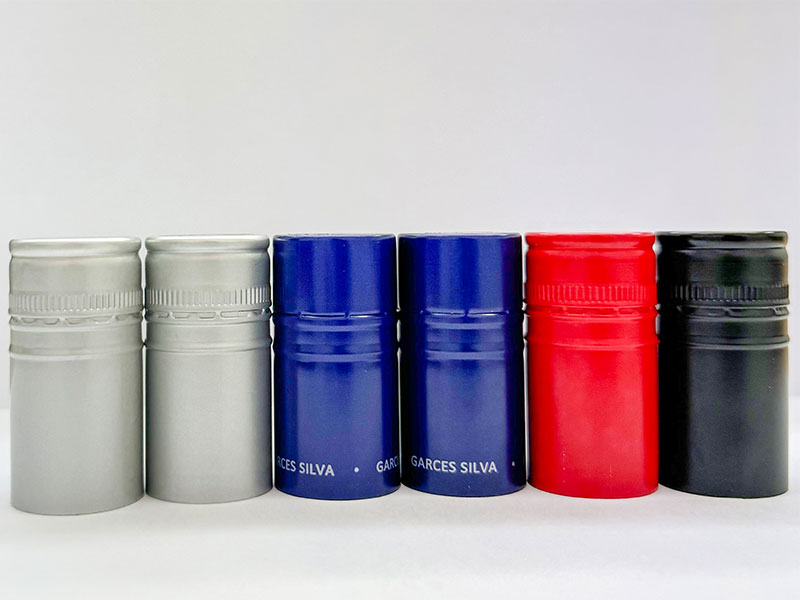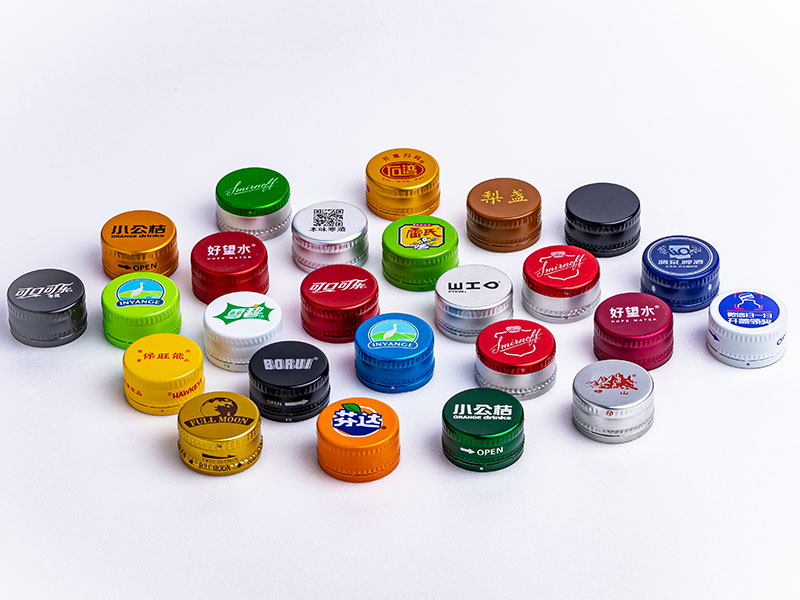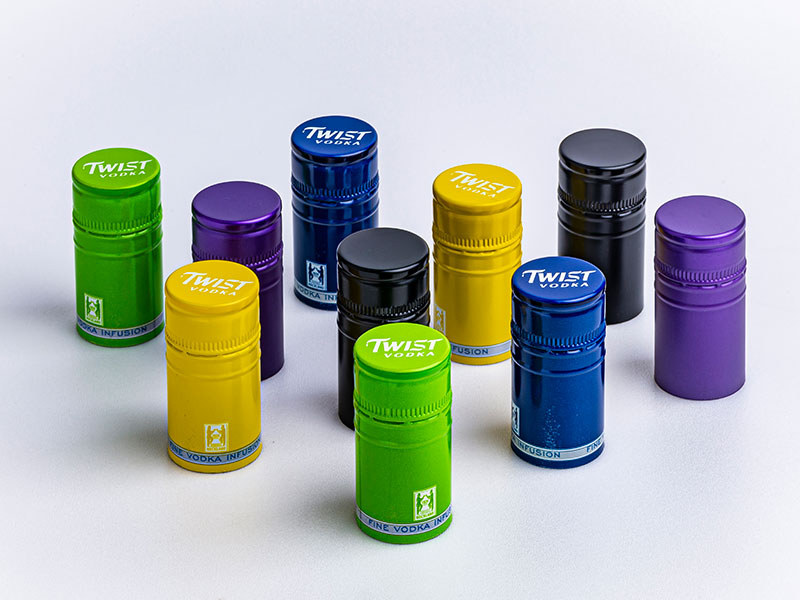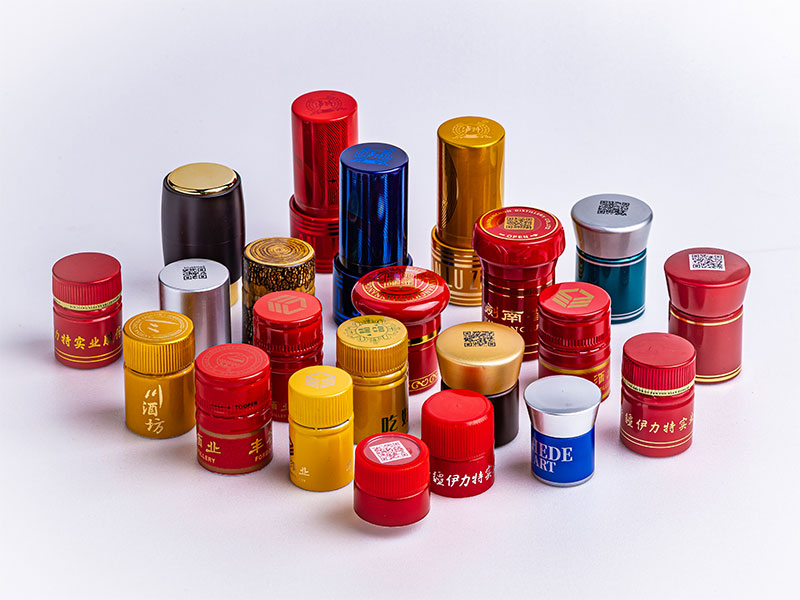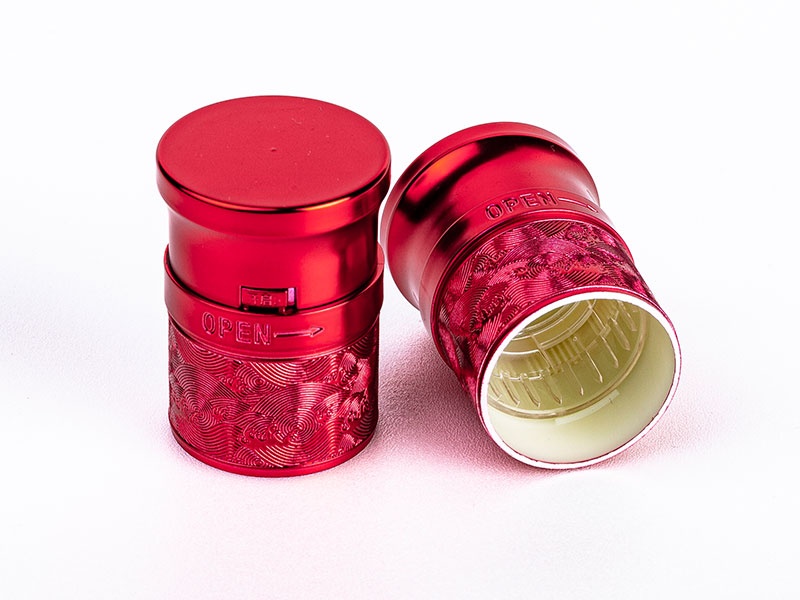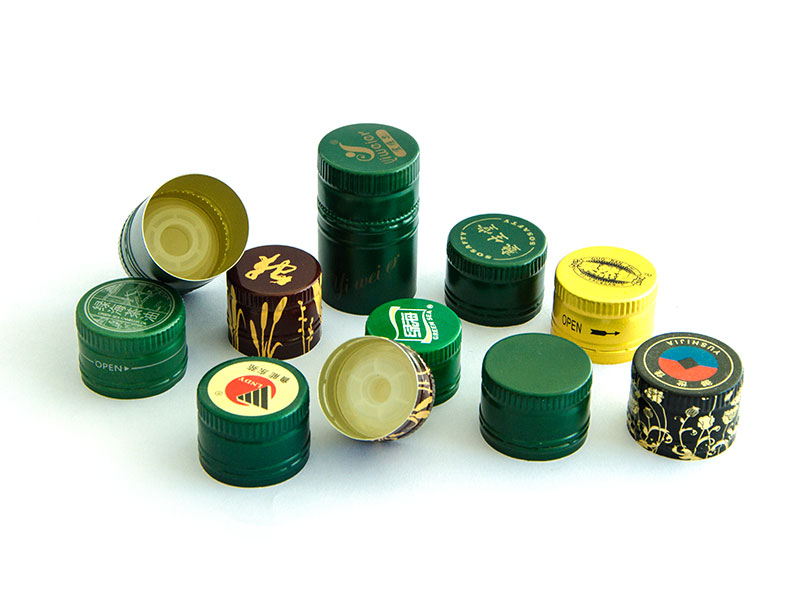Aluminum Soda Bottle Closures with Heat Resistant and Secure Fit
When it comes to packaging carbonated beverages, the choice of bottle closures plays a crucial role in preserving freshness, ensuring safety, and facilitating convenience. Among various options, aluminum soda bottle closures is know not only for their sleek appearance but for their advanced heat resistance and secure fit — making them a preferred choice among beverage manufacturers worldwide.
Aluminum Soda Bottle Closures
At its core, an aluminum soda bottle closure is a precision-engineered cap used to seal carbonated soda bottles. It serves a tripartite purpose:
- Retaining carbonation by creating an airtight seal
- Resisting heat, especially during pasteurization or hot-filling processes
- Offering a tamper-evident or secure mechanical fit
While plastic and steel caps exist, aluminum offers a unique combination of lightweight, corrosion resistance, and recyclability, which positions it well for sustainability-focused industries.
Heat Resistance: Why Is It Vital?
Soft drinks frequently undergo thermal treatment to eliminate microbes and ensure shelf stability — this process can involve temperatures up to 90–95°C. Many closures fail here, either degrading or deforming, leading to compromised seals and flat soda. Thanks to sophisticated alloy formulations and tempering processes, aluminum soda bottle closures withstand significant heat stress without losing functionality.
Implementation Standards and Fit Parameters
In practice, aluminum closures need to conform to established global and industry standards to guarantee cross-compatibility and safety:
- Closure diameter and thread profiles: Most soda bottles adopt the standard 28mm or 38mm diameter aluminum caps with corresponding standard tamper-evident threads.
- Torque requirements: To guarantee a secure fit that can only be broken intentionally by a consumer, closures adhere to strict torque measures, typical values ranging from 1.5 Nm to 2.5 Nm depending on bottle neck finish.
- Seal layers: The closure liner inside the cap usually involves food-grade polymeric or compound layers, compatible with acidic soda content and designed for high-temperature resistance.
Alloy Composition and Tempering Insights
The performance of aluminum bottle caps is intricately tied to their metallurgy. The most widely used base material aligns with:
| Property | Specification |
|---|---|
| Alloy | 3004-AlMn (Aluminum-Manganese) |
| Temper | H19 (Full Hard), also H18 in some variants |
| Aluminum % Min | 97.0% |
| Manganese (Mn) | 1.0 - 1.5% |
| Magnesium (Mg) | 0.2 - 1.0% |
| Iron (Fe) | ≤ 0.7% |
The temper H19 (often used for bottle caps) signifies a highly work-hardened aluminum with superior mechanical strength. This process involves cold working to compress the metal like rolling and drawing after the initial casting, resulting in excellent stiffness and deformation resistance.
WHY ALLOYS MATTER:
- Manganese addition improves strength without reducing ductility.
- Hard tempering ensures caps maintain thread engagement and resist denting or cracking, even during capping machinery impact or bottle handling.
- Low impurities such as iron reduce brittle phases, aiding consistent performance under cyclic stress and temperature fluctuations.
Chemical Properties Table
Here’s a closer look at the chemical proportions critical to maintaining both strength and corrosion resistance — optimized for the beverage industry:
| Element | Concentration (%) | Function |
|---|---|---|
| Aluminum (Al) | >97.0 | Base metal, lightweight, corrosion resistant |
| Manganese (Mn) | 1.0 – 1.5 | Enhances tensile strength, toughens alloy |
| Magnesium (Mg) | 0.2 – 1.0 | Increases work hardening capacity and stretch ability |
| Iron (Fe) | ≤ 0.7 | Natural impurity, kept low to avoid brittleness |
| Silicon (Si) | ≤ 0.6 | Acts as deoxidizer, improves corrosion resistance |
| Copper (Cu) | ≤ 0.1 | Minimal, to avoid reduced corrosion resistance |
Why the Secure Fit Matters More Than Ever
A reliable cap not only bottles the soda; it assures an unbroken promise of shelf-life and taste integrity. Aluminum closures designed with appropriate torque and sealing layers create a consistent cold chain and consumer experience. Furthermore, the heat resistance prevents cap failures during pasteurization, a pivotal process for many soda producers seeking safety at mass scale.



